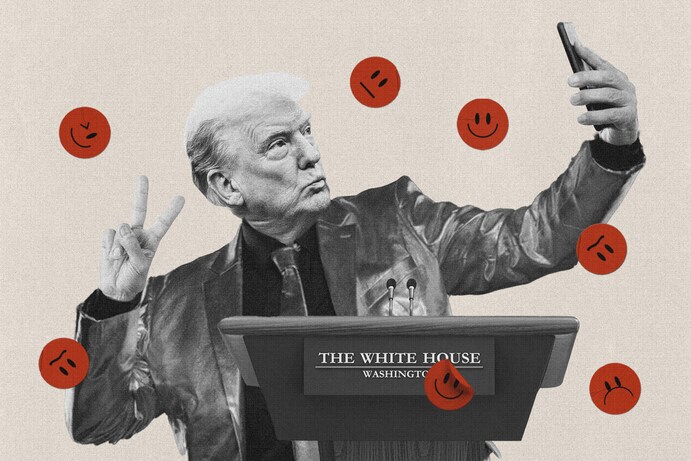The digital divide isn’t just a tech issue; it’s a social justice crisis. With an estimated 1.3 billion people globally living with significant disabilities, the inaccessibility of government websites is a scandal that demands immediate attention. The U.S. government claims to prioritize accessibility, yet recent findings reveal a shocking gap between policy and practice.
Government Websites Fail Accessibility Standards
According to the final rule on web accessibility, all government websites must comply with specific accessibility standards set forth under the Americans with Disabilities Act (ADA). Yet a comprehensive investigation shows that many state and local government websites remain non-compliant, effectively locking out millions of disabled individuals from essential services. This oversight is not just a technical glitch; it’s a glaring violation of civil rights.
Disabled Voices Ignored in Policy Implementation
Access to government services like Social Security, healthcare benefits, and tax information is a right, not a privilege. However, many disabled individuals report their experiences navigating these sites as frustrating and exclusionary. As reported by ThemeIsle, around 16% of the global population, or one in six people, faces significant disabilities. This staggering statistic should compel officials to prioritize accessibility, yet many are left unheard.

Sen. Tammy Baldwin (D-Wis.) speaks during a press conference at the U.S ...
Corporate Responsibility and Government Oversight Lacking
Corporate entities that build and maintain government websites are failing in their duty to ensure compliance with accessibility standards. A historical review conducted by ACM highlights a decade of negligence concerning web accessibility, showcasing that even with existing regulations, companies often cut corners to save costs. The consequences of this corporate irresponsibility are dire, as they perpetuate systemic inequities in accessing vital government services.
Call to Action for Advocacy and Reform
The time for passive acceptance is over. Disabled advocates are calling for immediate reform and accountability at both the corporate and government levels. According to USAGov, citizens can contact elected officials to demand change. The onus is on all of us to amplify these voices and push for a system where accessibility is not an afterthought but a foundational principle of our democracy.

Inside the Trump White House"s relentless strategy to dominate news ...
Implications of Continued Inaction
Failure to address these accessibility issues not only hinders the lives of millions but also exposes the government to legal challenges and public outrage. As advocates rally for change, the risk of litigation looms for non-compliant government websites. The implications extend beyond the personal; they reflect a societal failure to uphold the rights of the most marginalized among us. The current state of accessibility is not merely a technical issue—it"s a profound moral crisis.

![[Video] Anti-ICE Protester Pepper Sprayed as CBP Agents Disperse Crowd in Minneapolis](/_next/image?url=%2Fapi%2Fimage%2Fthumbnails%2Fthumbnail-1768260677127-y71sb7-thumbnail.jpg&w=3840&q=75)

![[Video] Several injured as U-Haul truck drives through Iranian protestors in Los Angeles](/_next/image?url=%2Fapi%2Fimage%2Fthumbnails%2Fthumbnail-1768176682028-q95y6j-thumbnail.jpg&w=3840&q=75)
![[Video] Scuffle breaks out between Trump supporters and Anti-ICE protesters in Times Square](/_next/image?url=%2Fapi%2Fimage%2Fthumbnails%2Fthumbnail-1768165958203-hgcgb-thumbnail.jpg&w=3840&q=75)


![[Video] Gunfire between Iraqi security forces and Sadr militias in Baghdad](/_next/image?url=%2Fapi%2Fimage%2Fthumbnails%2Fthumbnail-1768343508874-4redb-thumbnail.jpg&w=3840&q=75)
